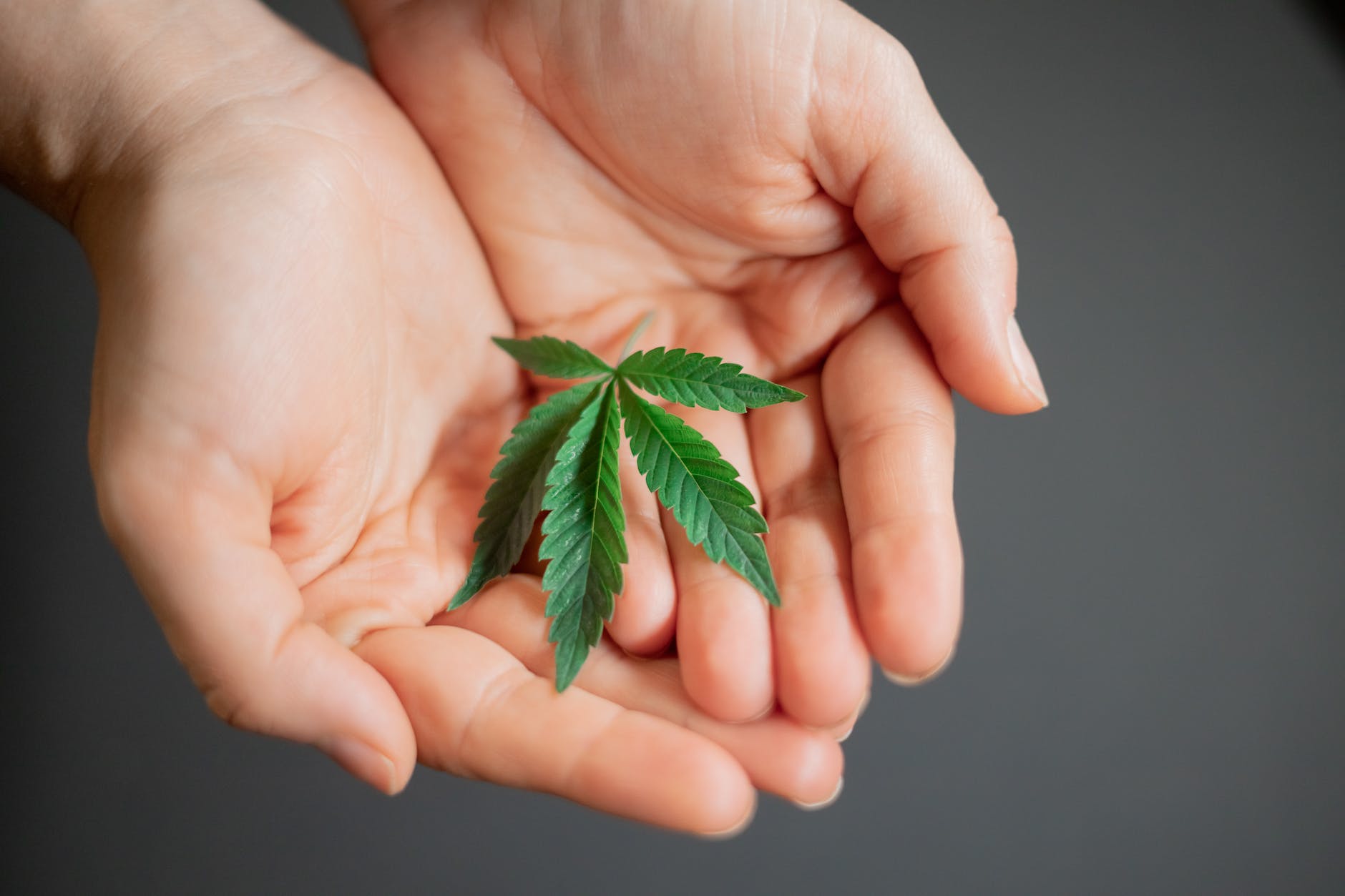The landscape of marijuana laws worldwide has undergone significant changes over the past several years. Nations such as Canada and Uruguay, along with a growing number of U.S. states, have been pushing towards decriminalization and legalization of cannabis. This shift represents a significant step in drug policy reform and hints at a new perspective in society concerning the use and control of this contentious plant.
One of the key arguments supporting the turn towards decriminalization and legalization of cannabis hinges on the idea of reducing harm rather than rigidly punitive measures. Decriminalization removes criminal penalties for small-scale possession and use, while legalization allows for regulated markets, creating a structure for legal growth, distribution, and consumption of marijuana.
How we handle cannabis has considerable social impact, reaching far beyond its consumption. High rates of incarceration, especially among minority groups, have been forcefully condemned as a significant social problem linked to stringent marijuana laws. The American Civil Liberties Union reported that despite roughly equal usage rates, Blacks were 3.64 times more likely to be arrested for marijuana possession than Whites. Hence, advocates consider decriminalization a necessary step in criminal justice reform.
Beyond social implications, the marijuana industry could bring abundant economic benefits. As legal markets open, jobs are created, and profits from sales could boost the national economy. One example is Colorado, the pioneering state for legal recreational cannabis in the U.S. As reported by the Colorado Department of Revenue, this state has generated over $1 billion in total state revenue from the legal marijuana industry since its inception.
The commodification of cannabis has already produced tangible economic benefits. Using tax revenue from marijuana sales to fund public projects has become more common as states recognize the potential economic gains. For example, Illinois’ innovative legalization law earmarked some cannabis tax revenue for neighborhood reinvestment grants.
Indeed, turning cannabis into a source of tax revenue appears beneficial. However, it’s crucial to adopt a comprehensive regulatory approach to legalization. Through thoughtful regulation, governments can protect public health, maintain social order, curb the black market, and ensure that the economic benefits are equitably dispersed.
The debate over the decriminalization and legalization of cannabis is not without its controversies and concerns. Detractors cite potential health risks, the danger of increased teen usage, and the fear of creating another profit-driven industry akin to tobacco and alcohol. These concerns shouldn’t be ignored, but they should be weighed against the potential benefits pointed out earlier.
Decriminalization and legalization can provide opportunities for controlling and monitoring the use and distribution of cannabis more effectively rather than making mere prohibitions. Additionally, they can play a role in mitigating the social injustices and racial disparities caused by the war on drugs.
The wave of marijuana reform laws worldwide is a testament to an evolving understanding of cannabis—a shift towards its acceptance as a controlled substance with medicinal benefits. As more nations contemplate adjusting their marijuana laws, they should look to both the successes and challenges faced by others, ensuring they fully consider the layers of social considerations and economic benefits that are involved in this complex discourse.
In conclusion, the debate on marijuana decriminalization and legalization is multifaceted, involving not only legal, but also social, economic, and health aspects. It’s a journey toward a more balanced drug policy that values both the harm reduction spirit and the potential for economic profit. The reform in marijuana laws can satisfy both social demands and economic dividends while forging a path for an equitable and just society.
